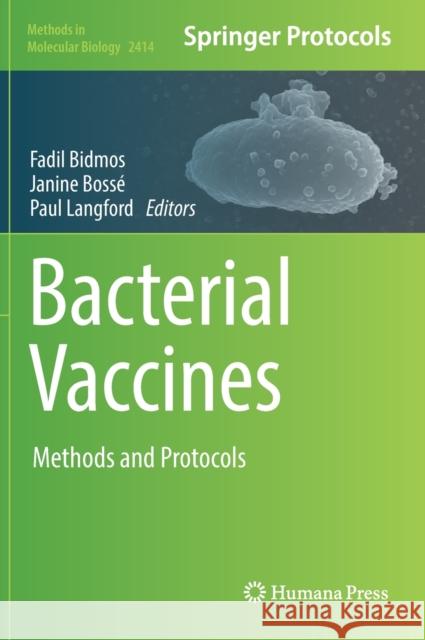Bacterial Vaccines: Methods and Protocols » książka
topmenu
Bacterial Vaccines: Methods and Protocols
ISBN-13: 9781071618998 / Angielski / Twarda / 2021 / 425 str.
Bacterial Vaccines: Methods and Protocols
ISBN-13: 9781071618998 / Angielski / Twarda / 2021 / 425 str.
cena 885,61
(netto: 843,44 VAT: 5%)
Najniższa cena z 30 dni: 848,19
(netto: 843,44 VAT: 5%)
Najniższa cena z 30 dni: 848,19
Termin realizacji zamówienia:
ok. 16-18 dni roboczych.
ok. 16-18 dni roboczych.
Darmowa dostawa!
Kategorie:
Kategorie BISAC:
Wydawca:
Humana
Seria wydawnicza:
Język:
Angielski
ISBN-13:
9781071618998
Rok wydania:
2021
Wydanie:
2022
Numer serii:
000014950
Ilość stron:
425
Waga:
0.95 kg
Wymiary:
25.65 x 18.64 x 2.79
Oprawa:
Twarda
Wolumenów:
01
Dodatkowe informacje:
Wydanie ilustrowane











